Iran terms all sanctions as ‘nuclear', says they must be removed regardless of their ‘tags’
Iran’s mission to the European Union has said all of the United States’ sanctions that were imposed after former President Donald Trump withdrew from the landmark nuclear agreement with Tehran must be removed, regardless of their “tags,” if the deal is to be revived.
“What does Iran mean by ‘all US sanctions must be removed?,’” Iran’s Embassy in Belgium, which hosts the EU’s headquarters, wrote in a Twitter thread to explain Iran’s proposed plan to drag the nuclear issue out of the morass.
The embassy pointed out that Trump imposed a flurry of some 1,600 sanctions on Iran after he ditched Iran nuclear deal, officially known as the Joint Comprehensive Plan of Action (JCPOA), on May 8, 2018, with the intention of killing the deal for good and forcing Iran to renegotiate its terms.
As a result, the Iran mission said, "all sanctions [imposed on Tehran] after May 8 2018 are nuclear and their 'tags' have no relevance whatsoever."
It emphasized that since US sanctions "were once used to 'nix the deal', now to revive it, they must ALL BE REMOVED in addition to the sanctions that shall be removed in concert with the JCPOA."
What does Iran mean by “all US sanctions must be removed”?
— IranMissionEU (@IranmissionEU) April 11, 2021
1/2 Trump imposed a flurry of some 1600 sanctions on Iran (according to The New York Times).
The underlying objective of every new sanction was to scrap the JCPOA and force Iran to re-negotiate!#JCPOA #nucleardeal pic.twitter.com/pgT4emMdG8
2/2 So, all sanctions after 8 May 2018 ARE nuclear and their “tags” have no relevance whatsoever.
— IranMissionEU (@IranmissionEU) April 11, 2021
They were once used to “nix the deal”, now to revive it, they must ALL BE REMOVED in addition to the sanctions that shall be removed in concert with the JCPOA. #IranDeal
Talks have been underway in Vienna to restore the JCPOA under a new administration at the White House, which has promised to return to the nuclear pact and roll back the Trump-era sanctions.
While Tehran and Washington have not held direct talks in the Austrian capital, they have clarified their positions publicly and through the other parties to the JCPOA, including the European Union, France, Britain, Germany, Russia and China.
Washington says it is prepared to lift the sanctions that are inconsistent with the JCPOA and inconsistent with the benefits that Iran expects from the deal, but it argues that it retains the right to impose sanctions – or keep those imposed under Trump – for non-nuclear reasons.
Tehran says all the sanctions the US imposed, re-imposed or relabeled against the Islamic Republic must be removed in a verifiable manner before it returns to full compliance with its nuclear obligations, which it began in 2019 to cast aside as a response to US measures.
“It is not sufficient to only remove the JCPOA-related sanctions. Trump’s sanctions imposed under other labels need to be removed as well,” a source close to the Vienna discussions told Press TV on Sunday.
The JCPOA was signed in 2015 between Iran and a group of world powers to lift international sanctions on Iran in exchange for certain restrictions and robust inspections on the country’s nuclear work.
Trump’s withdrawal came in spite of strong opposition by the other signatories to the deal, and was followed by oppressive unilateral sanctions on Iran under what he called the “maximum pressure” campaign against Tehran.
Three years afterward, Trump’s gambit is increasingly being described as a colossal failure both in the US and around the world, as it failed to reach its declared goal of forcing Iran into renegotiating a new deal.
The sanctions, however, have harshly impacted everyday life in Iran. They also gravely hindered Iran’s efforts to contain the outbreak of the highly infectious COVID-19.
In a series of tweets on Friday, the Iranian Embassy in Belgium called on Amnesty International to compile a report about the harmful impact of the illegal US sanctions on the livelihood of Iranians, especially in the midst of the country’s fight against the coronavirus outbreak.
The embassy also posted a recent Amnesty report on “deliberately divisive and destructive policies that have perpetuated inequality, discrimination and oppression and paved the way for the devastation wrought by COVID-19.”
“As Agnès Callamard correctly observed in an Amnesty report ‘the pandemic has cast a harsh light on the world’s inability to cooperate effectively in times of dire global need,” the Iranian mission said.
‘All wars have rules. All of those rules have been broken’ by Israel
VIDEO | Report flags India’s violation of rights of Rohingya detainees
Turkey's foreign minister meets Syria's de facto leader in Damascus
'Next to impossible' to rescue patients from Gaza's Kamal Adwan Hospital: Director
VIDEO | Vietnam current prosperity
Report blames gasoil exports for shortage at Iranian power plants
VIDEO | Hind Rajab Foundation names Israeli war criminals vacationing after Gaza genocide
VIDEO | Australians rally for Gaza ahead of Christmas festivities


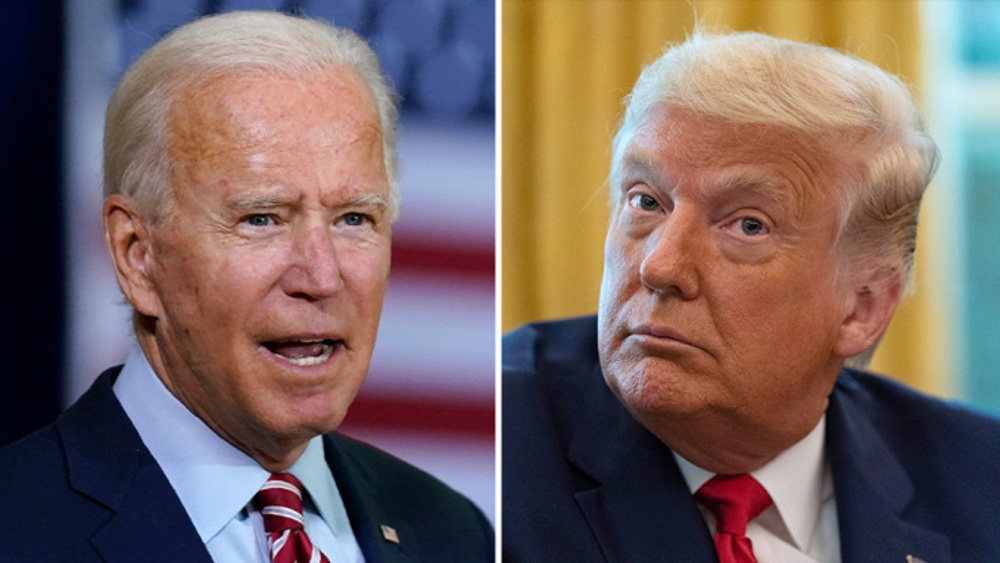







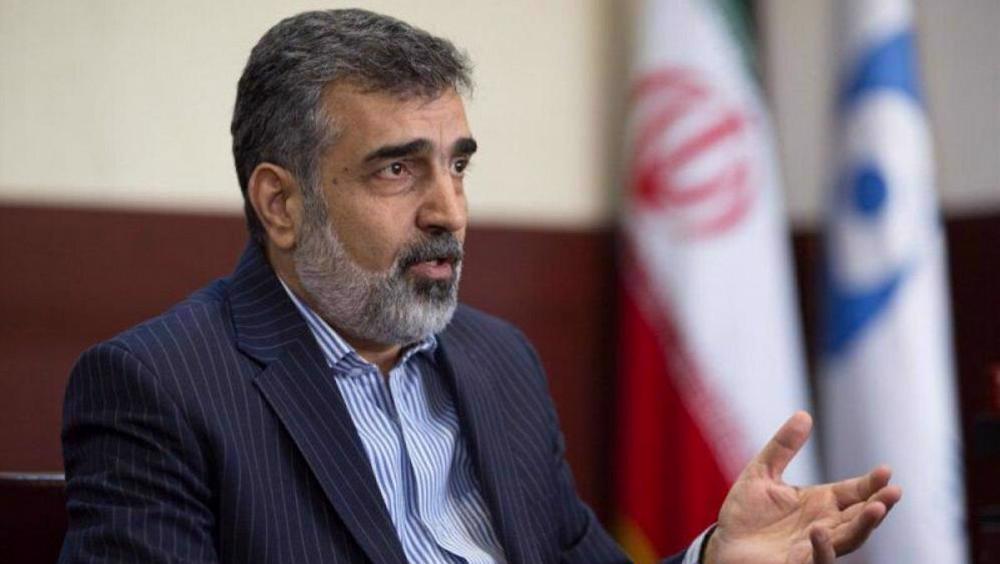
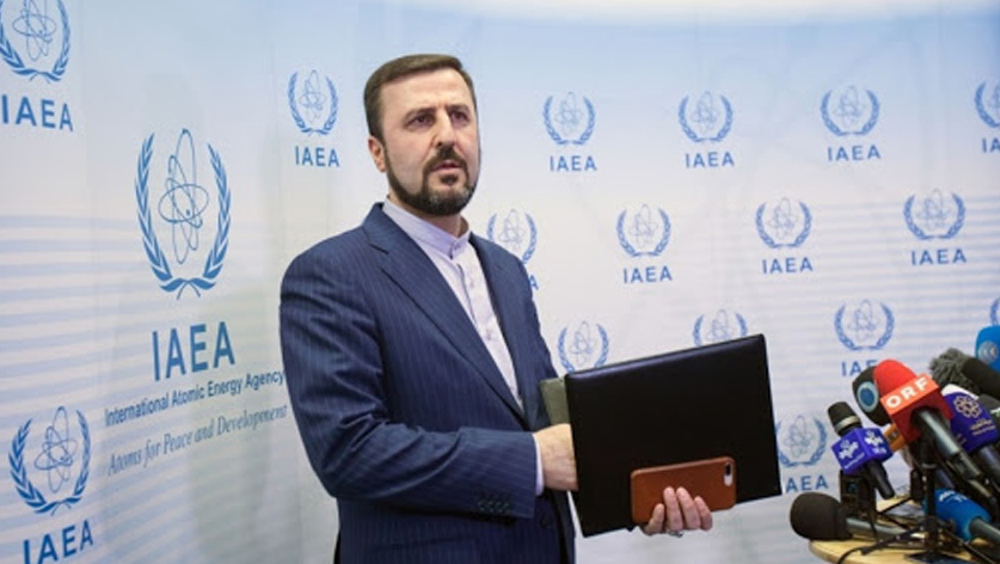
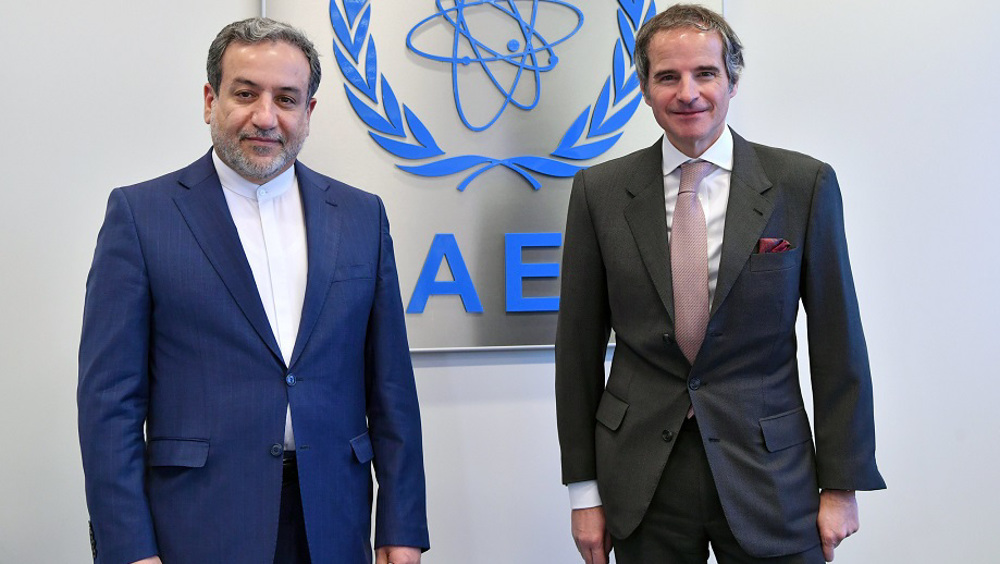
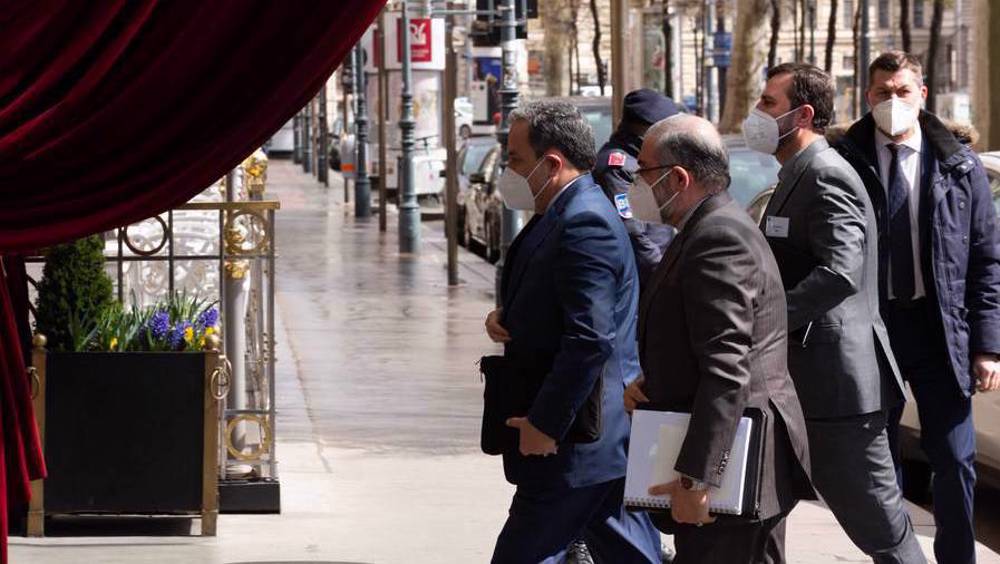

 This makes it easy to access the Press TV website
This makes it easy to access the Press TV website